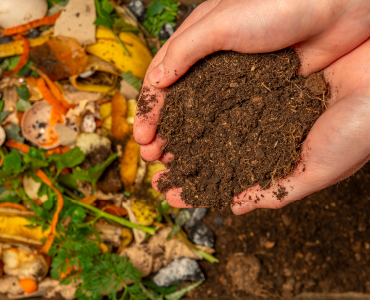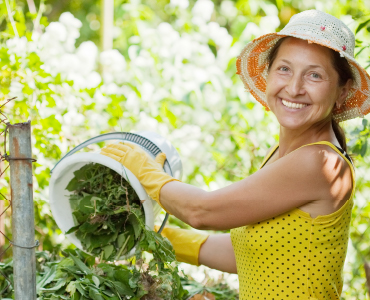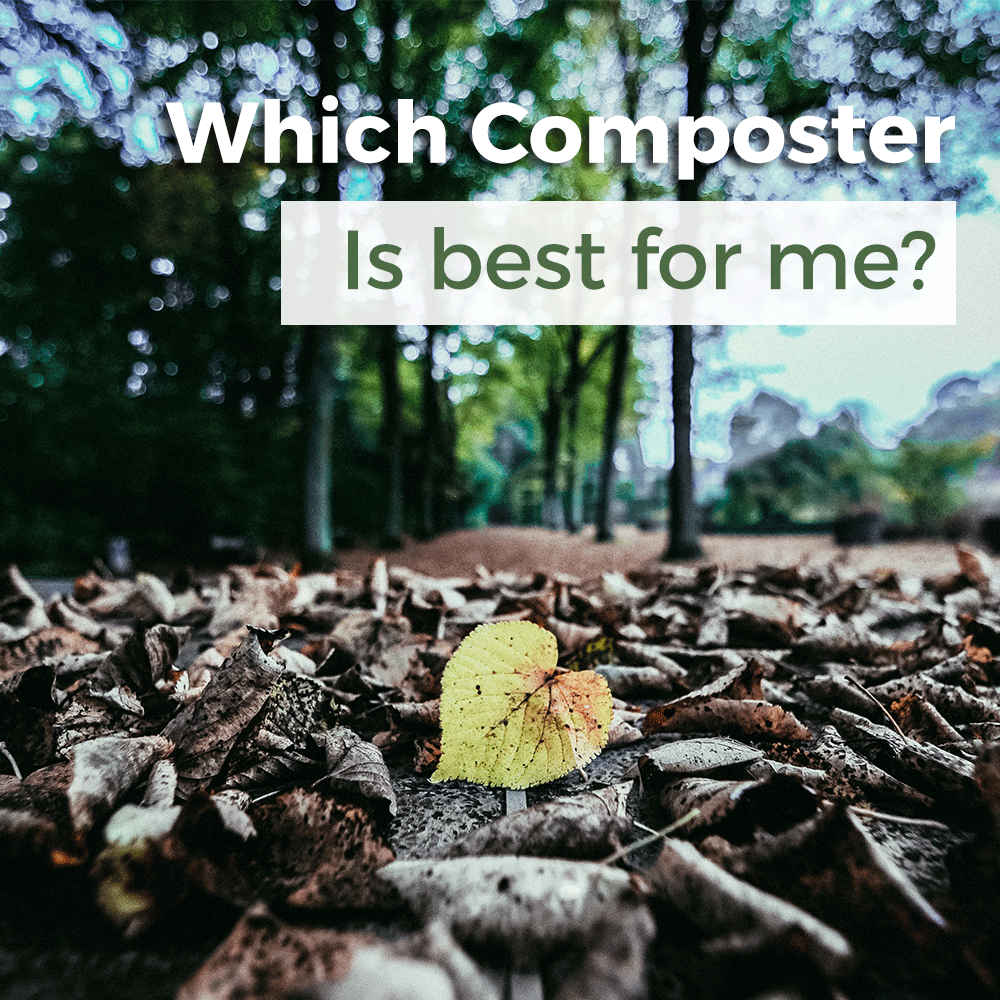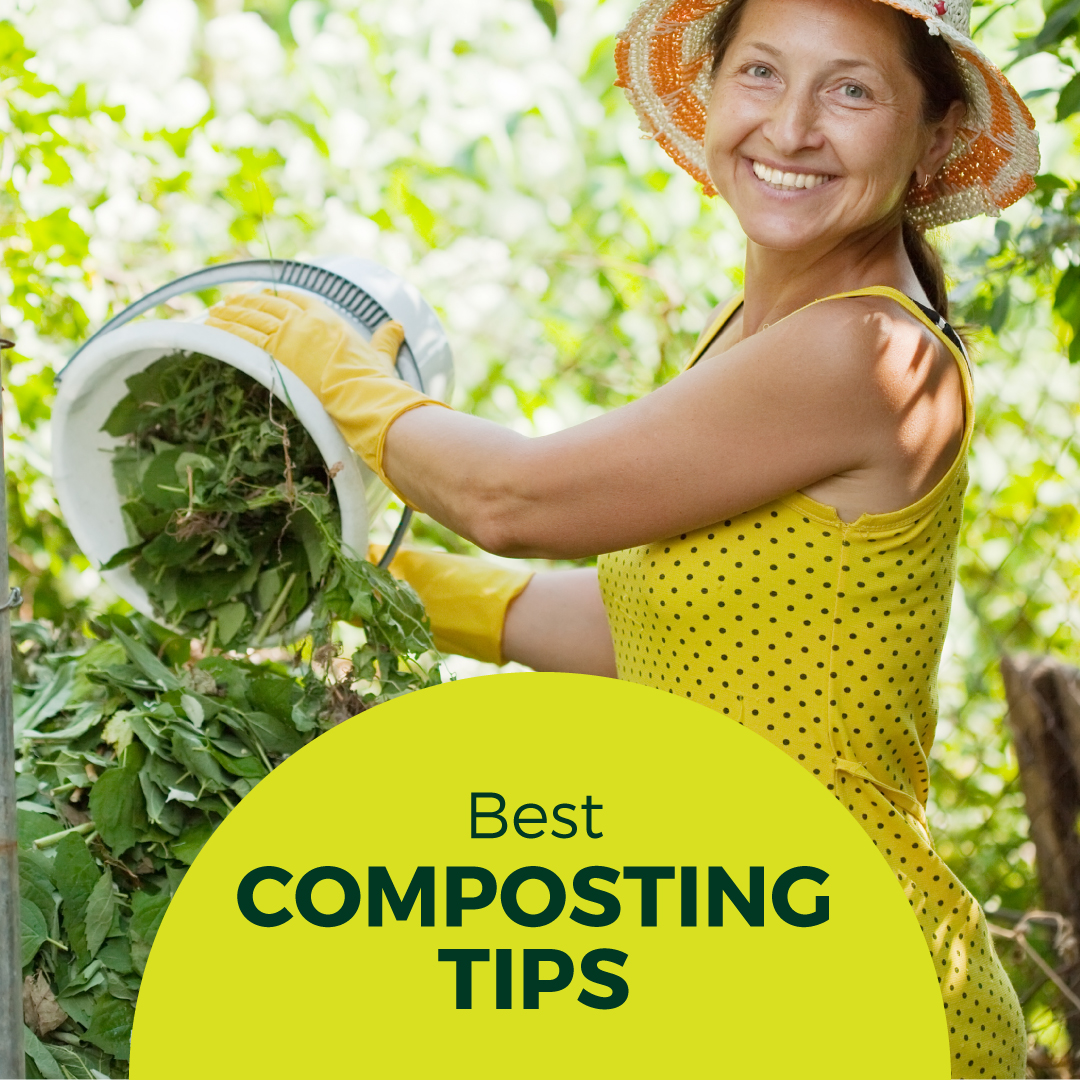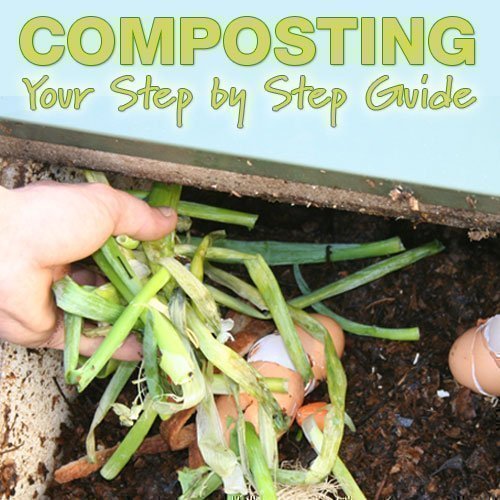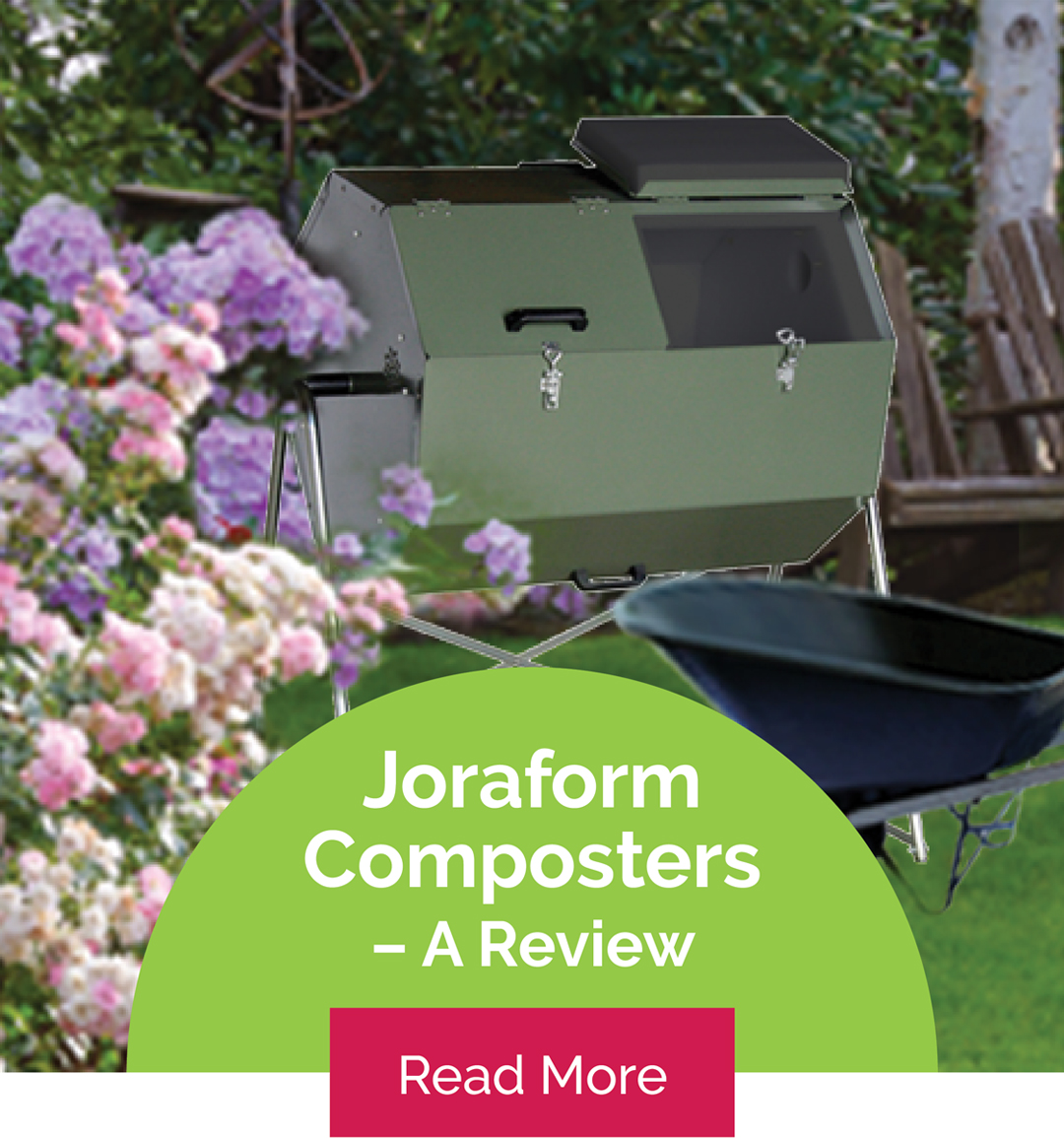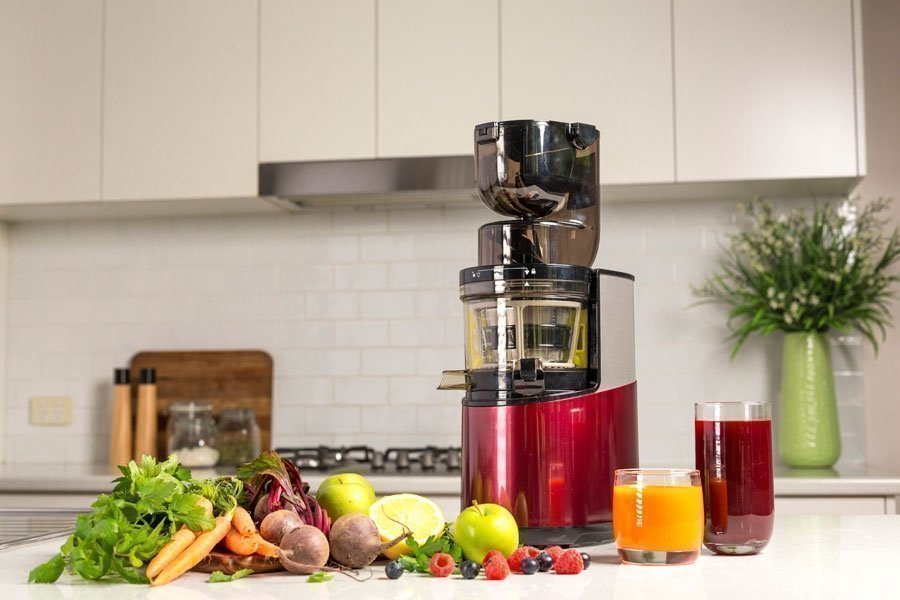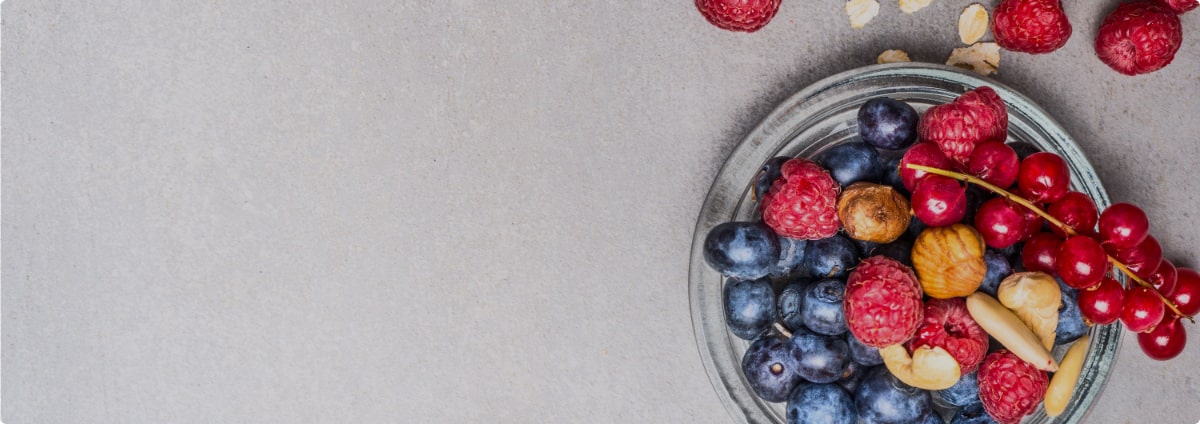Vitality 4 Life uses cookies to provide and improve our services, if you continue browsing, we consider that you accept its use. For more information, please see our privacy page.
-
22,August,2023Read More
Are you eager to make a positive impact on the environment while also enriching your garden soil? Look no further than the Joraform Composter, a cutting-edge composting solution offered by Vitality4Life. And to guide you through your composting journey, we have the perfect companion: The Compost Coach. In this blog post, we'll explore how these two incredible tools can work together to help you transform kitchen waste into nutrient-rich compost.
Introducing the Joraform Composter:
The Joraform Composter, available through Vitality4Life, is a game-changer in the world of composting. It combines innovative technology with sustainability to create an efficient and odor-free composting experience. Here's why the Joraform Composter stands out:
-
Dual-Chamber Design: The Joraform Composter features two chambers that work in tandem. While one chamber is actively composting, the other can be filled with new organic material. This dual-chamber design ensures a continuous supply of compost and eliminates the need for manual turning.
-
High-Tech Aerobic Composting: Unlike traditional composting methods that require regular turning to aerate the pile, the Joraform Composter utilizes a patented aerobic process. This technology promotes oxygen circulation within the chambers, accelerating the decomposition process and producing compost much faster.
-
Odor-Free Operation: The aerobic composting process used by the Joraform Composter prevents the formation of foul odors associated with anaerobic decomposition. This means you can place the composter conveniently near your home without worrying about unpleasant smells.
-
All-Year Composting: The Joraform Composter's insulated design allows it to function effectively in all weather conditions,
-
-
24,January,2019Read More
Why should I start composting? What is it anyway and what will I do with it once I have made it? Understanding the value of finished compost is one of the best ways to get into composting.
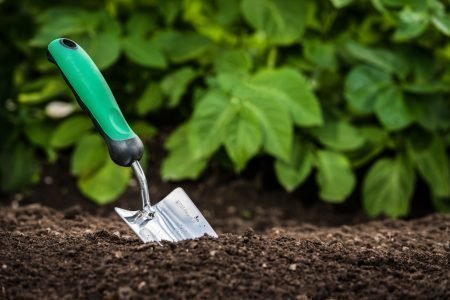
Often referred to as “Black Gold” by organic gardeners, it’s relatively easy to make, virtually free and good for the environment. Why wouldn't you want to do it? We have compiled our top 10 reasons to start composting today!
Top 10 Reasons to Start Composting NOW
1. It's good for the environment
About half of what we throw into the garbage bin is food and garden vegetation. Composting reduces greenhouse emissions and reduces your carbon footprint because when organic waste ends up in landfill, it decomposes without oxygen and produces methane and carbon dioxide both of which contribute to Global Warming.
Almost half of all household waste is organic and can be recycled through composting, by doing this you are not only reducing the amount of waste that goes into landfill but you are also helping to reduce greenhouse gases and protecting the environment.
2. Turn your trash into treasure
Organic gardeners call compost “Black Gold” for good reason. It is rich in nutrients and minerals that will help your garden thrive and is made purely from organic waste product which would have previously ended up in the bin.
Composting forms an integral part of the sustainable garden food chain. From the garden to the plate and back to the garden again.
3. Compost helps your garden to retain nutrients and water
Compost is a nutrient rich fertilizer that helps soil retain water. Compost also improves soil aeration by creating air pockets between soil clus
-
05,July,2018Read More
Successful composting involves the right conditions. You can control certain factors by changing the type of waste matter you are adding, but factors such as oxygen levels and temperature can be very hard to manage. The correct choice of composter can allow you to easily cater for this and achieve composting success.
 If climate and location are potential issues for you, an insulated composter is recommended to regulate temperatures in both hot and cold climates and locations.
If climate and location are potential issues for you, an insulated composter is recommended to regulate temperatures in both hot and cold climates and locations.Composters with adjustable air vents can assist with oxygen control and those that are sealed and elevated can prevent rodents while allowing for a wider range of waste materials to be composted.
Rotating Versus Fixed Composters
Both fixed and rotating composters are effective options for producing your own organic compost soil at home. However, several additional benefits of a rotating model outweigh fixed design models - offering you the best conditions and functionality.
Benefits of A Rotating Composter
- Fast Waste to Compost Time – The compost process time is reduced due to the ability to easily and thoroughly mix your compost.
- Pest Control – Rotating bins are totally sealed and off the ground so rodents and animals accessing your compost is not a concern
- Durability – Composters that are designed to rotate are made from stronger materials to ensure rotation process can be support so will provide a longer lifespan.
- Oxygen Control – Rotating compost bins allow for adjustable airflow.
- Temperature Control
-
28,February,2017Read More
Keen to start composting? Have you tried before and did not create that beautiful ‘brown gold’ compost soil that you’ve heard about?
Don’t give up now! With a few tips, you can easily turn your kitchen and garden waste into good quality, organic compost to feed your garden.
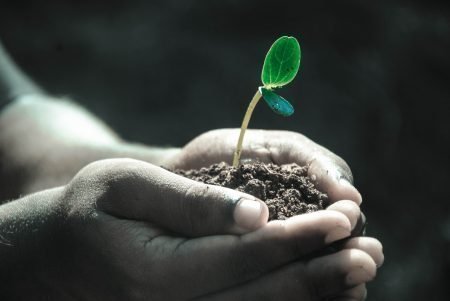 For the transformation of waste to compost soil to occur the right conditions need to be in place. You will need the right balance of oxygen, temperature, moisture, organic matter, and the right type and number of microorganisms.
For the transformation of waste to compost soil to occur the right conditions need to be in place. You will need the right balance of oxygen, temperature, moisture, organic matter, and the right type and number of microorganisms.The organic matter portion of the formula will need to be made up of the right levels of nitrogen and carbon to achieve optimum results. The levels of each will depend on your climate, composter location and the type of organic waste that you are adding.
But don’t be disillusioned. While it sounds like you need a science degree to make composting work, you can rest assured that you don’t. We are here to help you become the envy of your family, friends and neighbours with the best garden on the street!
Balancing Nitrogen & Carbon Waste
First things first; most waste produced from home users contains higher percentages of nitrogen from kitchen waste such as vegetables, fruits, leftovers, meats, coffee grounds etc. This therefore needs to be balanced in the compost with carbon waste from such things as straw, sawdust, leaves or shredded paper (just ensure the paper is not heavily printed).
If carbon based waste is not something that is included as part of your normal compost, adding some carbon material should be done each time you add compost. A good guide is a ratio of 10% carbon to the amount of compost you are adding from kitchen waste - this ensures an ideal balance of the two.
Tip: A covered b
-
20,March,2015Read More
Let's get ready to tumble!!
Composting isn't a new thing that we in the 21st century have just started doing; in fact the practice of composting is thousands of years old! There is evidence that the Romans, Greeks and the tribes of Israel all knew about compost, there are references in the bible and also in Renaissance literature by notable writer William Shakespear! Although we suspect that the steps are somewhat different these days.
Read on to find out just how easy it is to start your own compost pile with the use of a Joraform Rotating Composter.
Compost in 3 easy steps...
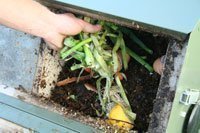
Step 1
To begin, simply add your daily kitchen scraps, and garden waste to a starter eg; active compost (you can purchase active compost from your local hardware or gardening store).
The insulated environment will increase in temperature; creating the ideal ecological environment for decomposing solid matter.
Step 2
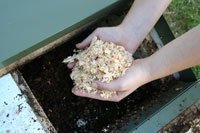
Add some “brown matter” such as sawdust, hay, leaves and small twigs or shredded newspaper to ensure you have the correct ratio of wet & dry ingredients.This creates aeration within
-
30,January,2014Read More
Joraform composters have been a central part of the Vitality 4 Life range for more than 12 years. The fondness for this product is due to not only the quality of the workmanship on the units, but the innovative design which produces such quality compost.
Composting is simply the end product after the decomposition of organic materials (anything that was once alive). This includes garden waste, kitchen scraps, manure, leaves, grass clippings, straw. Recycling this household waste using composters significantly reduces the impact on local government collection services.
While in theory composting should be reasonably easy, there are common issues which are solved with the Joraform range of composters. Ground based compost heaps or vertical tubs may lack aeration and the essential aerobic bacteria. These tiny microorganisms make compost cook and cannot live in such an oxygen-poor environment. While waterlogged compost heaps welcome anaerobic bacteria, which don't require air to thrive, they will eventually turn into compost, but it could take years.
The Joraform 'Little Pig' and 'Big Pig' composters are horizontal, rotating units with duel compartments. These insulated units, together with the aeration provided as the unit is rotated creates an ideal environment for decomposition. Composted material should be ready in about 6-8 weeks.
The potential of the commercial units are only beginning to be realised. An initiative in the eastern









